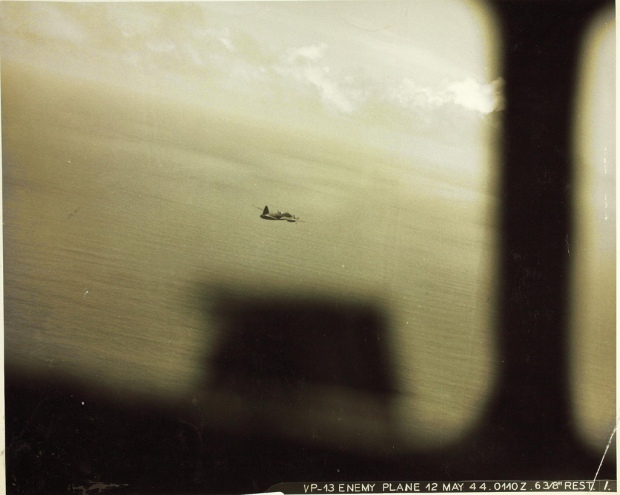I’m standing in the kitchen of my grandma and grandpop’s little house on the Bransholme estate in Hull. It’s about 1985 and I’m 10.
Already a budding historian, I’d been digging around in a junk shop and had found a couple of items that thrilled me. One was a map of British India – the Raj – and the Princely States, dating to the late 1930s.
My grandpop had been in India during the Second World War, so I thought he might be interested and brought it with me on our visit.
Grandpop got up impossibly early. He always did. Every job he’d had – and there were many, none of the permanent, none of them well-paying or respected – had required him to get up early. It was a habit and now, impossibly old to my eyes but actually a mere 72, he wasn’t going to change.
He started each morning by having a full wash in the kitchen sink, lathering up his face and his tattooed arms and his chest, getting himself ready for the day ahead. They had a bathroom in this house, but hadn’t had one before and the kitchen had previously been the only source of hot water. He wasn’t going to change his habits just because there was now a room for such things, not least because he wanted to use the rest of the hot water to make a pot of tea, just as he always had.
My presence didn’t change this. He made us both a cup of tea, and had his wash. I continued to babble on as I always did and still do, filling the potential silence with a stream of inconsequential words. He chatted idly with me as he washed, not really listening but not blanking me either. Your typical grandparent.
I got on to the subject of my Raj map and that he would know all about it because he’d been in India during the war. Was that great? Wasn’t it exciting? What was it like? Was it fun? Did you enjoy it, grandpop?
And then, slowly and quietly, he told me about the troop ship that took him there.
He was conscripted with his best mate. They went through basic training together and were assigned to the same regiment. They were posted to Undivided India together and were both on the same troopship. It was too hot and the waves made them sick but they were young and it was an adventure.
And then the Japanese navy torpedoed their ship.
Grandpop and his best mate were plunged into the Indian Ocean. Grandpop could swim. Not well, but enough to keep himself afloat.
His best mate could not swim. He flailed and panicked and splashed about.
And he kept grabbing grandpop and pulling them both under. His panicked weight around grandpop’s shoulders was drowning both of them. A lifeboat or some other rescue was approaching, but the guy kept flailing and dragging them both under. They were both going to drown before it reached them.
Grandpop held his best mate’s head under the water until he stopped failing. Fifteen, thirty minutes later – a day, a week, a year, it doesn’t matter – and the boat picked him up. Alone.
At least one of you survived, people said when they heard that the other guy had drowned.
At least one of them survived.
I may be the only person he ever told about that.
He finished washing, made us both another cup of tea, and talked about what we were going to do for my birthday that day. Did I want to come with him to The Centre? I did, because the betting shop, where he played 2p bets on the horses was smoky but fun. And The Centre had a supermarket with an automatic door, triggered by standing on a lumpy rubber mat in front of it, something I’d never seen elsewhere.
We’d go to the betting shop and then we’d go to the supermarket and both take turns jumping on to the rubber mat.

Reblogged this on It's a Topsy Turvey world! and commented:
An incredibly moving personal history for Remembrance Day.